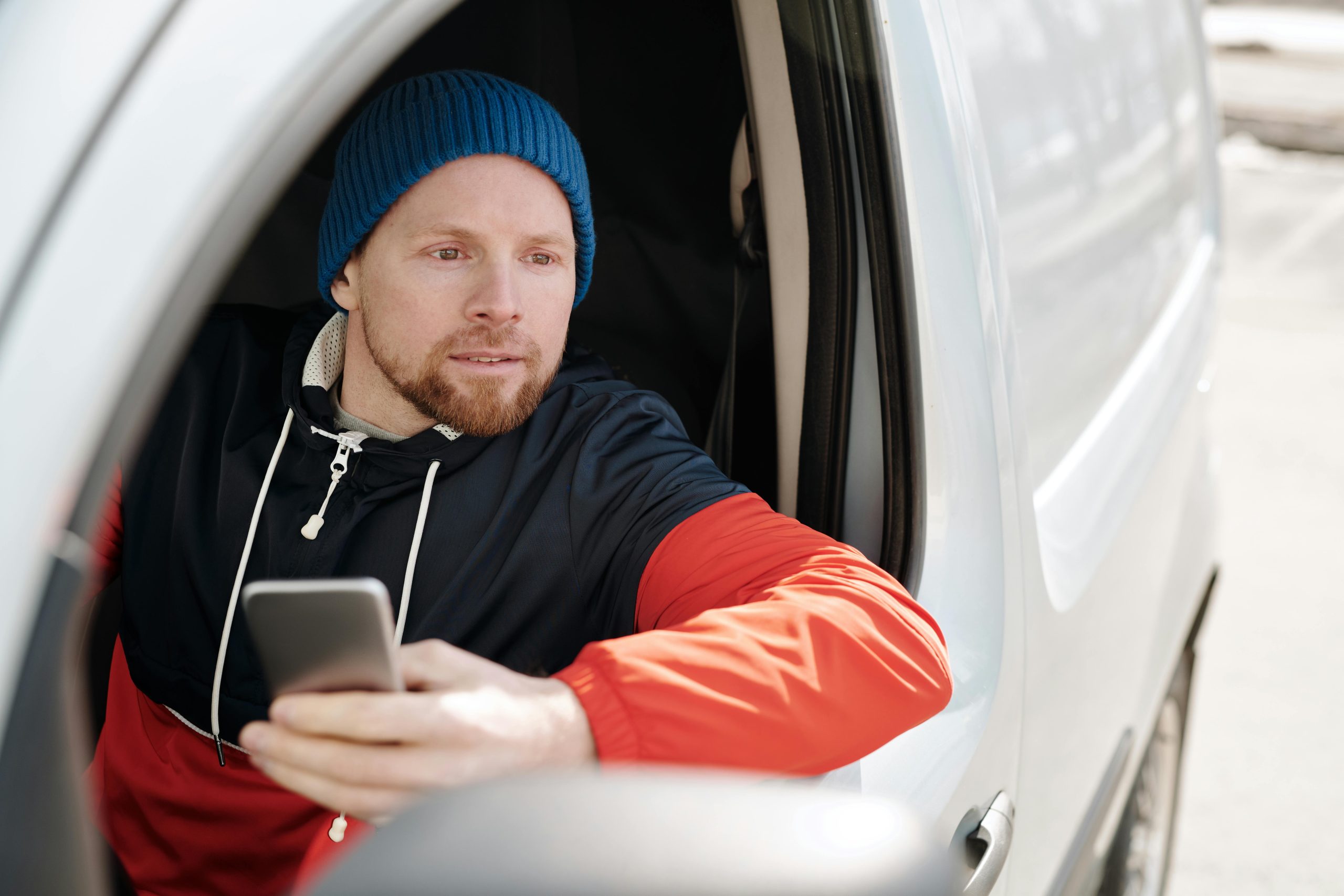Title: What to Do After a Car Accident with an Uninsured and Unlicensed Driver: A Guide
Have you recently been involved in a minor rear-end collision with an uninsured and unlicensed driver? If you find yourself in this situation, knowing the right steps to protect your interests is crucial. Here’s a professional overview of how to handle such incidents, especially when the other party prefers to settle privately.
Understanding Your Situation
In this scenario, you were rear-ended by a vehicle that lacks proper licensing, registration, and insurance—an unnerving experience, but thankfully the damage was limited to a scratched bumper. The at-fault driver has provided only minimal identification and is seeking to resolve the matter privately, outside of insurance channels.
Key Evidence You Possess:
– Video footage capturing the incident, including the license plate and faces of the driver and passenger
– Photographs showing the extent of the damage
– Contact details: phone number of the driver and an ID photo of the passenger
While repair shops are temporarily closed, preventing immediate quotes, your insurance policy with GEICO includes collision coverage.
Critical Questions and Guidance
1. Timing for Submitting Claims and Private Settlements
- If you plan to obtain repair estimates on Monday, be aware of any deadlines your insurer might have for reporting the incident. Typically, most insurance policies require reporting within a certain timeframe—often within 24 to 48 hours.
- To avoid premature claim filing, you can notify GEICO today about the incident, indicating that you are considering a private settlement. This step keeps your options open without automatically initiating a claim, but confirm with GEICO about any specific reporting requirements or implications for delays.
2. Collision Deductible Waiver for Uninsured At-Fault Drivers
- Generally, collision coverage applies regardless of fault, but whether your deductible is waived depends on GEICO’s policy and state regulations. If the other driver is uninsured and unlicensed, you might be eligible for certain protections or waivers. Contact GEICO directly to discuss your coverage and whether a waiver is applicable since the liable party cannot provide insurance.
3. Impact on Your Insurance Premiums
- Being at fault usually influences future premiums. However, if evidence clearly indicates you were not responsible, and the other driver is uninsured and unlicensed, it may help mitigate the impact.
- Since you have solid evidence—video footage, photos, and contact details—present this information to GEICO to potentially contest any fault claims. Insurance



